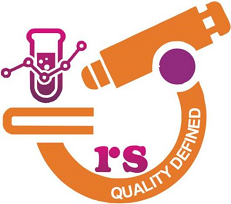Phone : +918147282686
HBA1C TESTS IN YELAHANKA
HBA1C TESTS IN YELAHANKA
HbA1c, or glycated hemoglobin, is a blood test that measures average blood sugar levels over the past 2-3 months. It’s often used to assess long-term diabetes control. If you have specific questions about HbA1c or related health concerns, feel free to ask!
HbA1c, or hemoglobin A1c, is a blood test that provides information about a person’s average blood sugar levels over the past two to three months. Here are some key details:
1. Purpose: HbA1c is primarily used to monitor and manage diabetes. It reflects how well blood sugar levels have been controlled over time.
2. Formation: When glucose (sugar) is in the bloodstream, it can attach to hemoglobin, a protein in red blood cells. The HbA1c test measures the percentage of hemoglobin that has glucose attached.
3. Timeframe: Unlike daily glucose tests that show current levels, HbA1c provides a longer-term perspective, covering the lifespan of red blood cells (approximately 2-3 months).
4. Interpretation:
• Normal: Below 5.7%
• Prediabetes: 5.7% to 6.4%
• Diabetes: 6.5% or higher
5. Monitoring Diabetes: For people with diabetes, the target HbA1c level is often individualized based on factors like age and existing health conditions. It’s generally aimed at minimizing the risk of complications.
6. Frequency of Testing: The frequency of HbA1c testing depends on the individual’s diabetes management plan. It’s typically done every 3 to 6 months.
7. Importance: Monitoring HbA1c is crucial for adjusting treatment plans, medications, and lifestyle factors to maintain optimal blood sugar control and prevent complications.Remember, interpretation and target levels can vary based on individual health circumstances, so it’s essential to discuss results with a healthcare professional for personalized advice.
Tag
HBA1C TESTS IN YELAHANKABLOOD SUGAR TESTS IN YELAHANKADIABETES TESTS IN YELAHANKADIABETES TESTING CENTRE IN YELAHANKAEnquiry
Get in touch
R S DIAGNOSTIC CENTRE.All Rights Reserved © 2025








